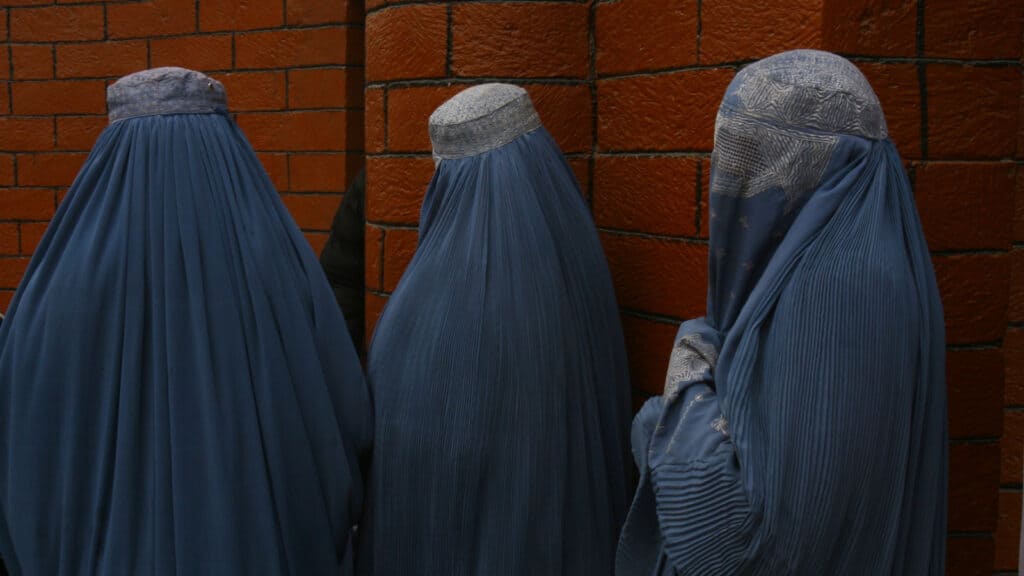Taliban’s Restrictions on Afghan Women: A Disturbing Reality
In a recent U.N. report, it has been revealed that the Taliban is imposing severe restrictions on the lives of Afghan women, particularly those who are single or lack a male guardian (mahram). This development is a cause for concern and underscores the challenges faced by Afghan women under the Taliban’s rule.

Work, Travel, and Healthcare Access Impacted
The report highlights that Afghan women who are unmarried or do not have a male guardian face limitations in accessing various aspects of life. This includes restrictions on work opportunities, travel, and even healthcare. In a distressing incident, officials from the Taliban’s Vice and Virtue Ministry advised an unmarried woman to get married if she wished to retain her job at a healthcare facility, deeming it inappropriate for an unwed woman to work.
Educational and Social Constraints
Since their return to power in 2021, the Taliban has systematically curtailed women’s participation in public life. They have prohibited girls from attending school beyond the sixth grade and imposed harsh measures, despite initial promises of more moderate governance. Additionally, the Taliban has closed down beauty parlors and enforced a strict dress code, leading to the arrest of women who do not comply with their interpretation of hijab.
In May 2022, the Taliban issued a decree that further restricted women’s freedom, calling for them to reveal only their eyes and recommending the full-covering burqa. These measures mirror the restrictions imposed during the Taliban’s previous rule from 1996 to 2001.
Guardianship and Enforcement
The U.N. report highlights the Taliban’s insistence on male guardianship for women, even though there are no official laws about this in Afghanistan. Women are told they cannot move or travel a certain distance without a male relative by blood or marriage.
Several incidents have been reported, such as the detention of three female healthcare workers who were going to work without a mahram. They were released only after their families provided written guarantees that they would not repeat this act.
The Role of the Vice and Virtue Ministry
The Vice and Virtue Ministry, acting as the Taliban’s morality police, plays a pivotal role in enforcing these restrictions. It conducts inspections and checkpoints to ensure compliance with hijab and mahram requirements when women visit public places, offices, and educational institutions. In one instance, ministry officials visited a bus terminal to prevent women from traveling long distances without mahrams.
Taliban’s Response and Interpretation of Shariah
In response to the U.N. report, the Taliban’s chief spokesman, Zabihullah Mujahid, defended these measures, stating they are in line with Islamic law, or Shariah. According to Mujahid, an Islamic government in Afghanistan must fully implement all aspects of Shariah, including rules related to hijab, male guardianship, and gender segregation in education and employment. He criticized the U.N. mission for overlooking or criticizing Islamic rulings.
The situation in Afghanistan continues to be a matter of international concern, particularly with regards to the impact on the rights and freedoms of Afghan women. The U.N. report sheds light on the challenges they face, and it is crucial to monitor developments in the country closely.
Read the full report here: English HR update Jan 2024 (unmissions.org)







